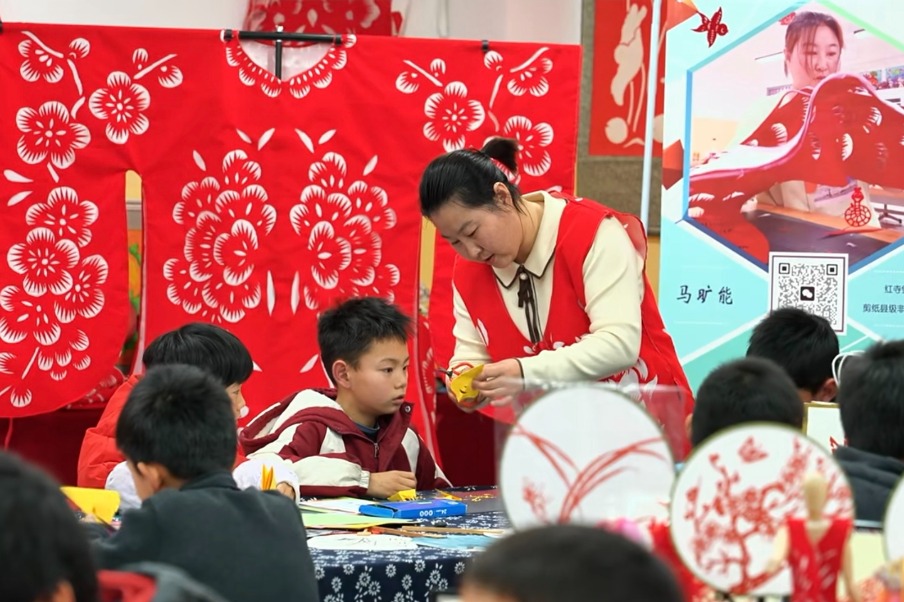Amendment to improve health, quarantine measures
Revised law to prevent cross-border transmission of infectious diseases


Chinese lawmakers on Friday passed an amendment to China's Frontier Health and Quarantine Law to prevent cross-border transmission of infectious diseases and resolve major public health threats.
The amended law, which will take effect on Jan 1, stipulates that customs authorities have the authority to require taking body temperatures and carrying out medical inspections for inbound and outbound travelers.
For foreigners who refuse quarantine measures, customs may decide to deny them entry and inform immigration officials.
For travelers who are suspected of contracting infectious diseases, customs may issue a medical card so they will be prioritized when seeking treatment at local hospitals. Local disease control officials should also be notified.
The General Administration of Customs, China's top customs authority, should also keep upgrading or streamlining quarantine procedures based on monitoring and risk evaluation of domestic and overseas epidemic situations.
Cross-border travelers who fail to truthfully declare their health status and other relevant information, or refuse quarantine examinations will be issued a warning or face a fine up to 10,000 yuan ($1,380). The maximum penalty for serious violations will be 50,000 yuan, according to the law.
It added that customs shall protect trade secrets, personal information and privacy, and shall not infringe upon the rights and interests of institutions and individuals.
Liang Ying, an official of the National People's Congress Standing Committee's Legislative Affairs Commission, said on Friday that the revision highlights the improving science and precision of quarantine measures to strike a balance between curbing the spread of infectious diseases and ensuring normal international trade.
New revisions have also incorporated lessons learned during fights against previous epidemics and improved both regular quarantine measures and emergency response action at ports amid major contagious outbreaks, he added.
Also on Friday, the NPC Standing Committee passed an organic law for the rural collective economy. According to the law, the government will support the development of these organizations through fiscal, tax, financial, land, talent and industrial policies, to strengthen the new rural collective economy and safeguard the interests of farmers.
Lawmakers also adopted the newly revised law on emergency response and a decision to amend the accounting law.
Meanwhile, it adopted a decision to appoint Lei Haichao as health minister. Lei was former head of the Beijing Municipal Health Commission.
- Former senior official of Ningxia sentenced to death
- Development program narrows urban-rural gap in Guangdong
- Wuxi Winter Bazaar creates cross-cultural gathering
- Expressway service area featuring a natural hot spring to open soon in Guangdong
- Former Ningxia political advisor sentenced to death for bribery
- Former senior official of Jiangxi expelled from CPC





































